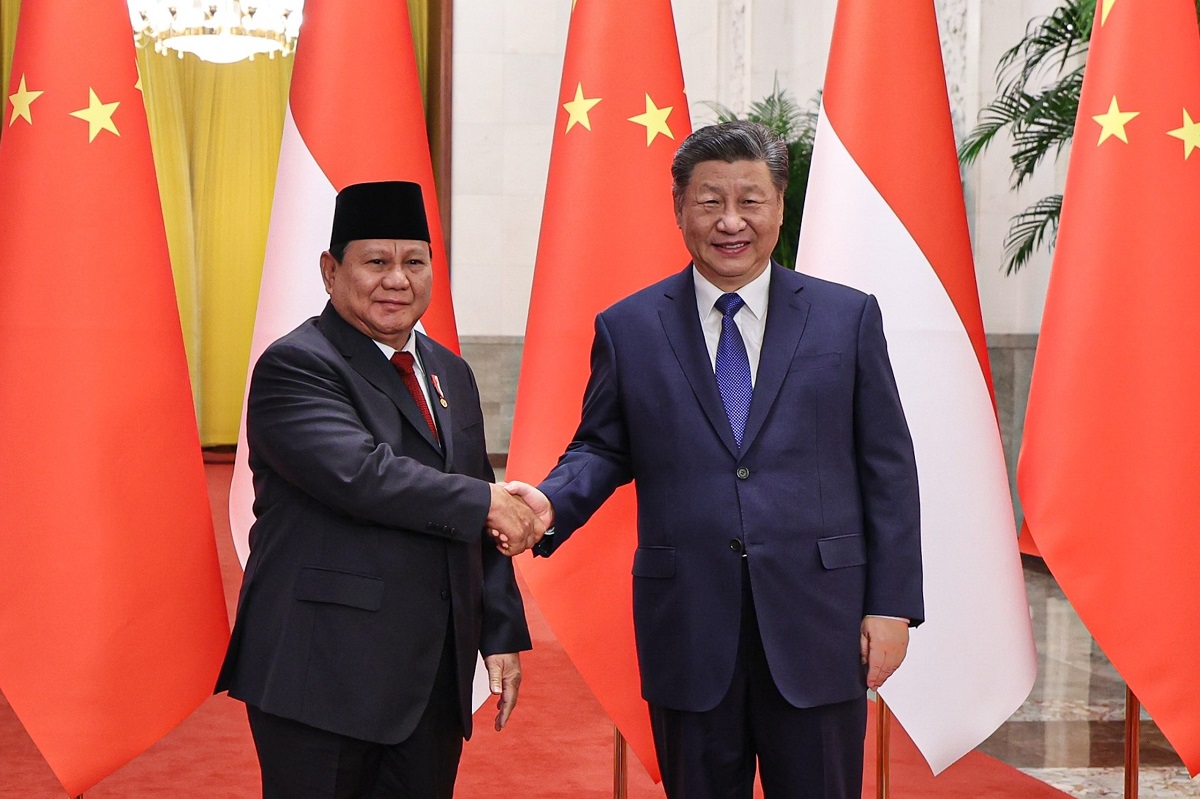Indonesia's ambitious downstream industrialization strategy has attracted significant foreign investment, with Chinese companies playing a pivotal role. From nickel processing to coal gasification, Chinese investment in Indonesian downstream projects is reshaping the nation's industrial landscape. This article delves into the scope, benefits, and challenges of this burgeoning partnership.
The Rise of Chinese Investment in Indonesia's Downstream Sector
Chinese investment in Indonesian downstream projects has surged in recent years. Notably, Chinese firms now control approximately 75% of Indonesia's nickel refining capacity, underscoring their dominant presence in the sector.
Beyond nickel, Chinese companies are venturing into coal gasification projects. After the withdrawal of U.S.-based Air Products & Chemicals Inc. from a coal-to-dimethyl ether (DME) project, Chinese investors stepped in to fill the void. This move aligns with Indonesia's goal to reduce reliance on imported liquefied petroleum gas (LPG) by producing DME domestically.
Additionally, the Jakarta-Bandung high-speed rail project, a joint venture between Indonesian and Chinese firms, exemplifies the deepening infrastructure collaboration. The project, operational since October 2023, has significantly reduced travel time between the two cities, showcasing the tangible benefits of such partnerships.
Economic Implications of Chinese Investment
The influx of Chinese investment in Indonesian downstream projects brings several economic advantages:
- Job Creation: Establishment of processing facilities leads to employment opportunities for local communities.
- Technology Transfer: Collaboration with Chinese firms facilitates the transfer of advanced technologies and expertise.
- Infrastructure Development: Projects like the high-speed rail enhance connectivity and stimulate regional development.
- Export Growth: Processing raw materials domestically increases the value of exports, boosting foreign exchange earnings.
However, there are concerns about over-reliance on Chinese investment, potential environmental impacts, and the need for stringent regulatory oversight to ensure sustainable development.
Navigating Challenges and Ensuring Sustainable Growth
While Chinese investment in Indonesian downstream projects offers numerous benefits, it also presents challenges that require careful navigation:
- Environmental Concerns: Projects like the Batang Toru hydropower plant have raised environmental issues, particularly concerning endangered species habitats.
- Economic Dependence: Heavy reliance on a single foreign partner could expose Indonesia to economic vulnerabilities.
- Regulatory Oversight: Ensuring that projects comply with environmental and labor regulations is crucial for sustainable development.
To address these challenges, Indonesia is exploring diversification of investment sources, strengthening regulatory frameworks, and promoting transparency in project implementation.
Conclusion
Chinese investment in Indonesian downstream projects is a double-edged sword, offering economic growth and development opportunities while posing challenges that necessitate strategic management. By fostering a balanced approach that leverages the benefits and mitigates the risks, Indonesia can harness this partnership to achieve its industrialization goals and ensure long-term sustainable development.
Read More






 Friday, 27-02-26
Friday, 27-02-26







